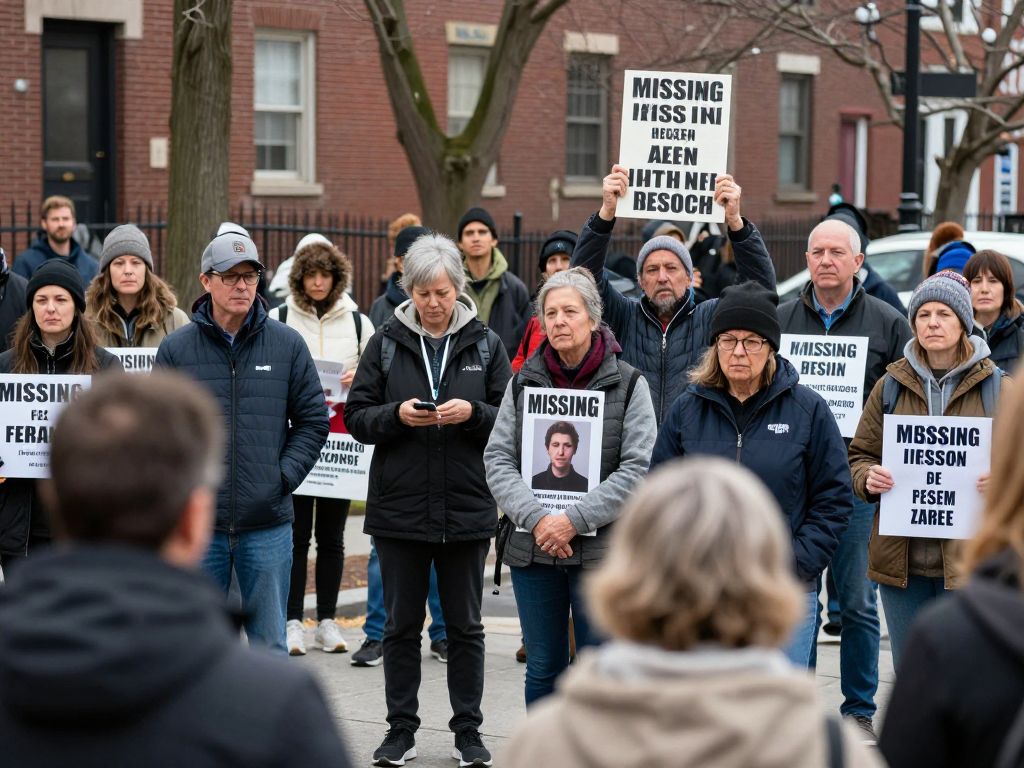News Summary
Massachusetts has permanently closed all hotel shelters used for emergency family housing, following a reduction in the shelter caseload. Governor Maura Healey’s reforms aim to assist families in acquiring stable housing and employment. With the end of the state of emergency, the closures signify a shift toward more sustainable solutions for the housing crisis. Advocacy groups are preparing to support affected families, while criticisms stem from concerns about funding allocations. The initiative reflects efforts to address homelessness and ensure the safety and well-being of vulnerable populations.
Massachusetts has officially closed all hotel shelters that were being used to temporarily house families in need of emergency shelter, following an announcement by Governor Maura Healey. This decision comes as Governor Healey concluded the state of emergency that was imposed in August 2023 to tackle the ongoing housing crisis.
The closure of these hotels, which were initially set to remain open until the end of 2025, was influenced by a marked reduction in the shelter caseload. The governor’s reform measures, aimed at assisting families in securing stable housing and employment, have contributed to this decline. Furthermore, Healey emphasized the deep issues surrounding the extended stays of families in hotel shelters, stating that a hotel is “no place to raise a family.”
As part of this transition, the state also closed the Norfolk Rapid Shelter and Chelsea Rapid Shelter sites. Recently, Massachusetts had already downsized its shelter capacity, shutting down 24 shelters in June and operating only four by July 2023. This major reduction follows a peak last year when over 120 hotel shelters accommodated approximately 7,500 families, totaling more than 23,000 individuals.
In 2023, Governor Healey imposed a cap on the shelter system, limiting it to 7,500 families. This came after recognizing that many families experienced debilitating durations of stay in shelters, some lasting years without a clear plan for reintegration into stable housing. It was reported that over the past three years, maintaining the emergency shelter program has cost taxpayers more than $188 million.
The recently implemented reforms included a six-month length-of-stay limit for families in emergency shelters, a requirement for proof of Massachusetts residency, and a stipulation that all family members possess lawful immigration status, with some limited exemptions allowed. Despite these closures, the state also enacted measures to support families transitioning from shelters to housing, which is anticipated to save taxpayers hundreds of millions of dollars annually.
The issue of shelter availability has been a significant political matter in Massachusetts, revolving around safety and economic implications. The state’s “Right to Shelter” law guarantees that families with children are provided emergency accommodations as a fundamental right, which added urgency to Governor Healey’s declaration of a state of emergency when shelter occupancy rates peaked in 2023, leading to soaring costs that hit approximately $1 billion per year.
In response to the evolving shelter landscape, Governor Healey’s administration has increased funding for another housing assistance program known as HomeBASE. This program offers eligible low-income families up to $30,000 over two years for rental assistance and associated needs. HomeBASE has seen a fivefold increase in the number of families receiving assistance over the past two years, even amid a decrease in available shelter resources.
Critics, particularly from the Republican side, have pointed to the administration’s funding strategies as problematic, alleging that resources are being redirected from essential shelter services. They argue that the shift in funding towards HomeBASE may be an attempt to alleviate pressure but diverts funds intended for urgent shelter needs.
Local advocacy groups are preparing to step up in support of families facing a housing crisis following the closure of hotel shelters. The reduction in shelter availability is also correlated with a decline in new immigration, likely influenced by shifting federal policies and their impact on housing needs.
The decision to eliminate the use of hotel shelters is framed within a broader statewide strategy aimed at reducing homelessness, reinforcing family stability, and enhancing self-sufficiency among vulnerable populations. The governor’s agenda seeks to address long-standing issues while promoting a sustainable framework for families in need throughout Massachusetts.
Deeper Dive: News & Info About This Topic
HERE Resources
Boston Residents Face Limited Pool Access Amid Heatwave
Boston Hotels Shine Bright on Tripadvisor’s Traveler’s Choice Awards
Boston Faces Escalating Homelessness Crisis Amid Rising Costs
New Hotel Development Planned for Boston’s Seaport District
Massachusetts Implements New Background Check Rules for Shelters
Additional Resources
- NBC Boston
- Wikipedia: Homelessness in the United States
- WHDH
- Google Search: Massachusetts hotel shelters
- CBS News Boston
- Google Scholar: homelessness policy Massachusetts
- Boston 25 News
- Encyclopedia Britannica: Homelessness
- Boston.com
- Google News: housing assistance Massachusetts

Author: STAFF HERE BOSTON WRITER
The BOSTON STAFF WRITER represents the experienced team at HEREBoston.com, your go-to source for actionable local news and information in Boston, Suffolk County, and beyond. Specializing in "news you can use," we cover essential topics like product reviews for personal and business needs, local business directories, politics, real estate trends, neighborhood insights, and state news affecting the area—with deep expertise drawn from years of dedicated reporting and strong community input, including local press releases and business updates. We deliver top reporting on high-value events such as Boston Marathon, Head of the Charles Regatta, and Boston Harborfest. Our coverage extends to key organizations like the Greater Boston Chamber of Commerce and Associated Industries of Massachusetts, plus leading businesses in finance, biotech, and insurance that power the local economy such as Fidelity Investments, Biogen, and Liberty Mutual Insurance. As part of the broader HERE network, we provide comprehensive, credible insights into Massachusetts's dynamic landscape.





